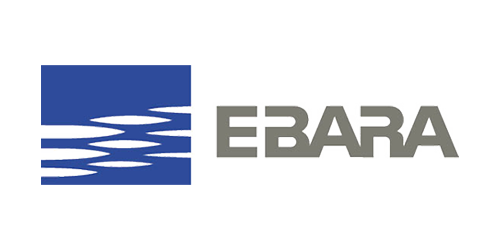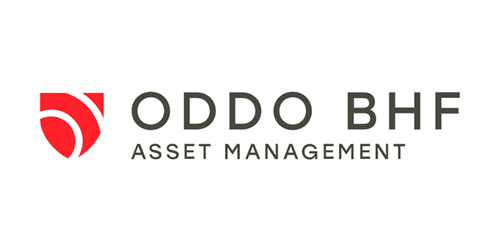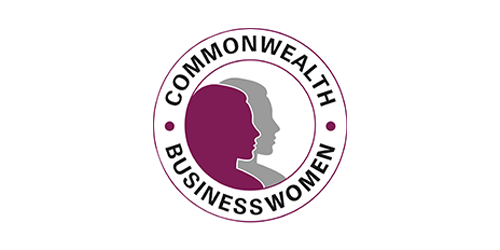
Timetable

 United Kingdom
United Kingdom

Topic: Future business leaders: achieving healthier performance and productivity
Global trends are shaping a new world of work, with changes in workplace demographics, technology and working practices, as well as responses to the Covid-19 pandemic, putting increasing pressure on businesses to operate sustainably and responsibly. As a consequence, managers and leaders must now focus not only on what results are delivered, but how those results are obtained. At the heart of this is good OSH practice and this should be part of every manager’s and leader’s accountability. Without exception, good sustainable businesses invest in the safety and the physical and mental health and wellbeing of their people. They plan and pursue their objectives in ways that prevent harm and provide benefits. Managers and leaders must progress beyond simple regulatory compliance to understand instead how the wellbeing of their staff can deliver reputational and competitive advantages. They must look outward and care about the communities in which they operate. They need to work to mitigate their impacts on the environment and society, and they consider the principle of social good in all that they do. Businesses like these seek leaders and managers who are constantly proactive in finding ways to grow and improve. They seek leaders and managers who look to the long term and actively plan for change. The leaders and managers they attract will build resilient organizations which gain enviable reputations and win more business. These entities will find it easier to recruit and retain great people, to make better client relationships and they are championed by their local community. In summary, good businesses are more successful when placing OSH at the heart of their management and leadership frameworks. This panel session discusses the core competencies required to deliver excellent OSH performance in work settings, and it showcases examples of how outstanding OSH leadership and management practices have been driven throughout their corporate DNA
Sub chairs


Presentations
Discussion Topic 1 - Driving OSH through Corporate Governance and Sustainability Principles: How do we influence the boardroom?
This panel session specifically focuses on driving OSH through corporate governance and sustainability – how do we influence the boardroom so that OSH is at the heart of and in the DNA of the organization from the very top down.
Discussion Topic 2 - The Healthy Profit: A business case for OSH leadership
This panel will further discuss a business case for OSH leadership, arguing for a Healthy Profit as a way to achieving responsible, sustainable national and corporate success, among other things looking at the importance of reporting metrics on OSH.
Break
Discussion Topic 3 - Supply chains: The role of management and leadership in moving towards Vision Zero
This panel session discusses the complexities in improving OSH across key supply chains, and it showcases examples of how the ILO Vision Zero Fund focuses on improving OSH in key sectors, how investors such as ADB support good OSH practice in their projects and will also showcase outstanding OSH practices that have been driven throughout a collaborative manufacturing process. We conclude this session with views on the OSH and supply chain related challenges faced by businesswomen and female workers across the Commonwealth.
Discussion Topic 4 - Safe and healthy world of work: Addressing the challenges of dissemination of OSH resources to all
In this last panel discussion, we will try to bring the previous three discussions into a very practical focal point and discuss what can be done collectively to help advance the core competencies required to deliver excellent OSH performance in ALL work settings – especially in hard-to-reach working settings, like SMEs, along the supply chains. The key message is that “no one can thrive unless we are all safe”, so it is our moral imperative collectively to strive towards a safe and healthy world of work for all.


































